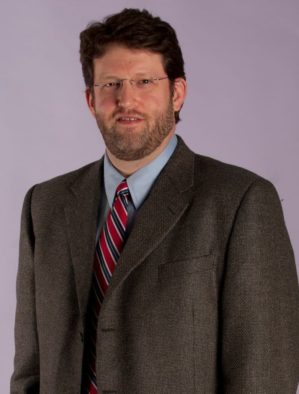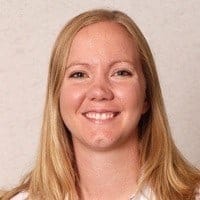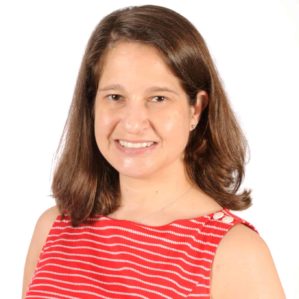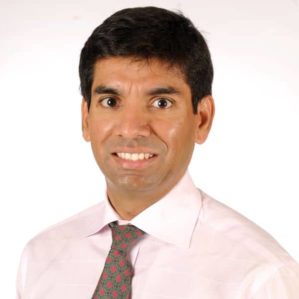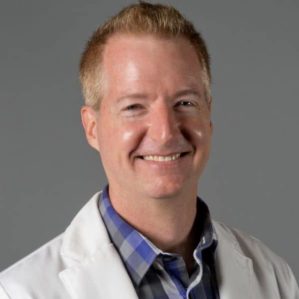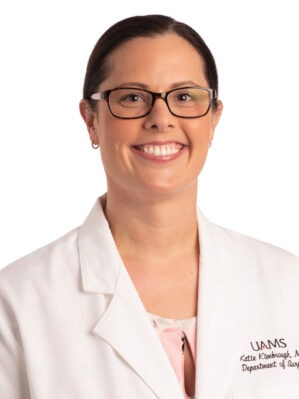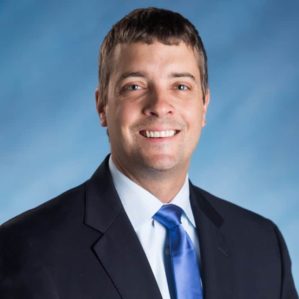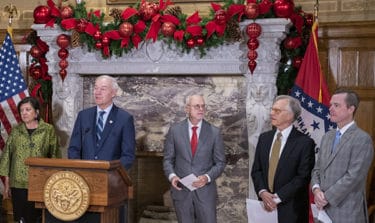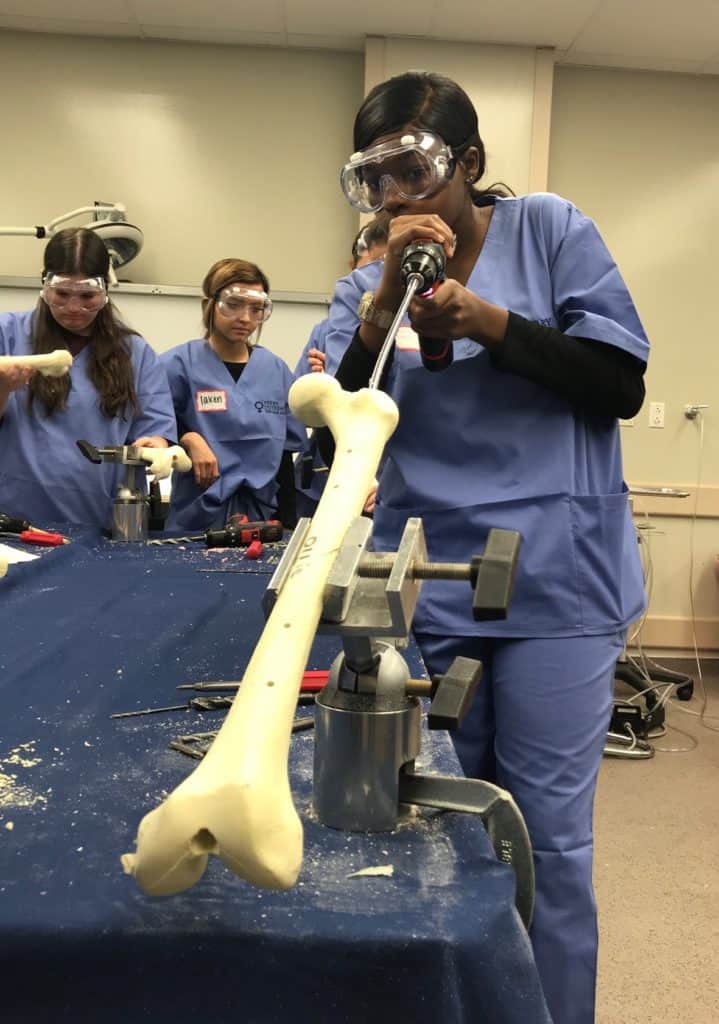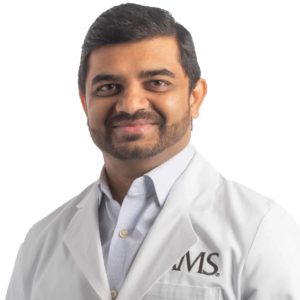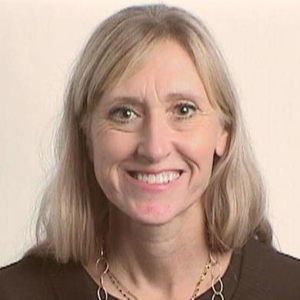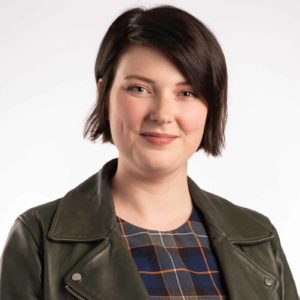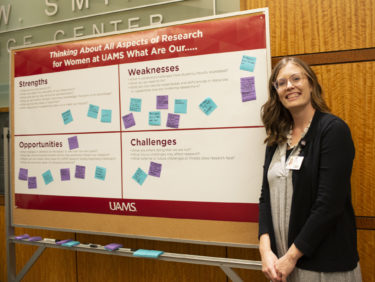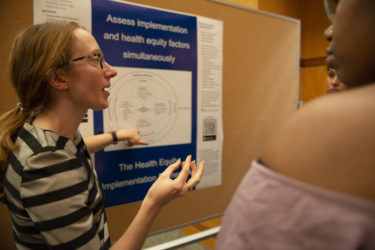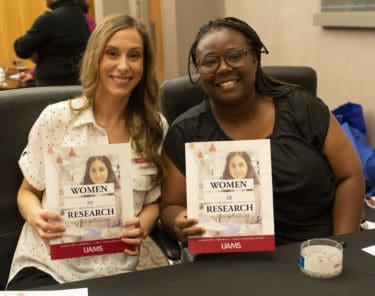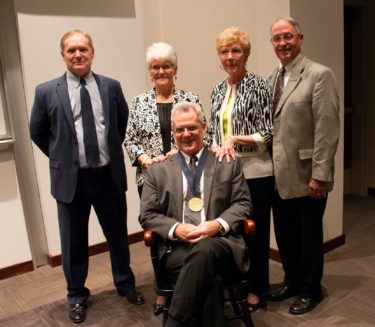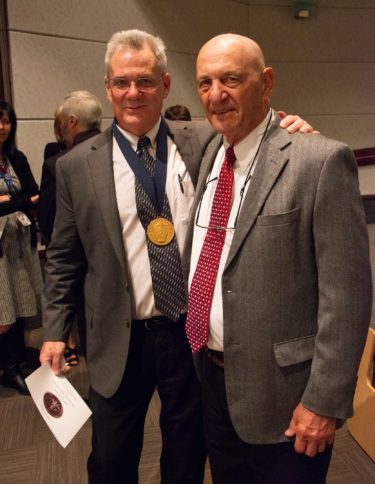Two UAMS faculty and an additional existing staff member have taken new positions within the Division for Diversity, Equity and Inclusion.
Gloria Richard-Davis, M.D., MBA, was chosen to be the executive director for diversity, equity and inclusion, and Rosemary Nabaweesi, Dr.P.H., has been selected as the senior director of research and evaluation. Andrea Roy has accepted the role of division administrator.
“We are grateful that these three very talented and well-qualified individuals have agreed to join us as we work to achieve the goals of our division,” said Brian Gittens, Ed.D., vice chancellor for diversity, equity and inclusion.
The division’s executive director, a part-time position, will assist in program design and implementation, as well as policy assessment in addressing equitable treatment of students, faculty and trainees.
“We strive to have a culture in which everyone can thrive here at UAMS, and I’m pleased to have an opportunity to contribute in a larger way to intentionally building equitable treatment into our programs and policies at every level. For UAMS to excel, we must use the full extent of our talent pool and allowing every individual to bring their authentic self to work is required. A culture of diversity, equity and inclusion is critical to our organizations competitive advantage and growth to improve the health of all Arkansans,” said Richard-Davis.
Richard-Davis is a professor and former division director for Reproductive Endocrinology & Infertility in the Department of Obstetrics and Gynecology in the College of Medicine and medical director of the Physician Assistant Studies program in the College of Health Professions. She earned her medical degree from Louisiana State University School of Medicine in New Orleans and earned an executive master’s in business administration from the University of Arkansas at Little Rock. She is an alum of the Executive Leadership in Academic Medicine (ELAM 2009). She joined UAMS in 2013.
The senior director of research and evaluation, also a part-time position, will be responsible for data gathering and creating metrics to gauge the effectiveness of the division’s diversity initiatives and creating reports based on those evaluations.
“I look forward to working with Dr. Gittens to ensure the goals of the Inclusive Excellence plan are on track and to advancing scholarship as we work to become a national leader in diversity,” said Nabaweesi.
Nabaweesi is an assistant professor in the College of Medicine Department of Pediatrics. She received both her master’s and doctoral degrees in public health from Johns Hopkins University. She earned an undergraduate degree in medicine and surgery from Makerere University Medical School in Kampala, Uganda. She joined UAMS in 2014.
The division administrator will work full time managing budgetary and financial duties, and will work with division leadership on operational and strategic planning.
“I hope to be a source of guidance to our staff and an excellent representative and advocate for our division across a number of institutional bodies as we work to build a more inclusive campus community at UAMS,” said Roy.
Roy has more than three decades of experience at UAMS, having served in many management, finance and human resources roles across the Graduate School, College of Public Health, Center for Health Literacy, Arkansas Center for Health Improvement, Office of Academic Services and Office of Educational Development. She earned a bachelor’s degree in business administration from UA Little Rock.
Nabaweesi and Richard-Davis both begin in their new positions Jan. 1, 2020. Roy assumed her new role Dec. 1.

